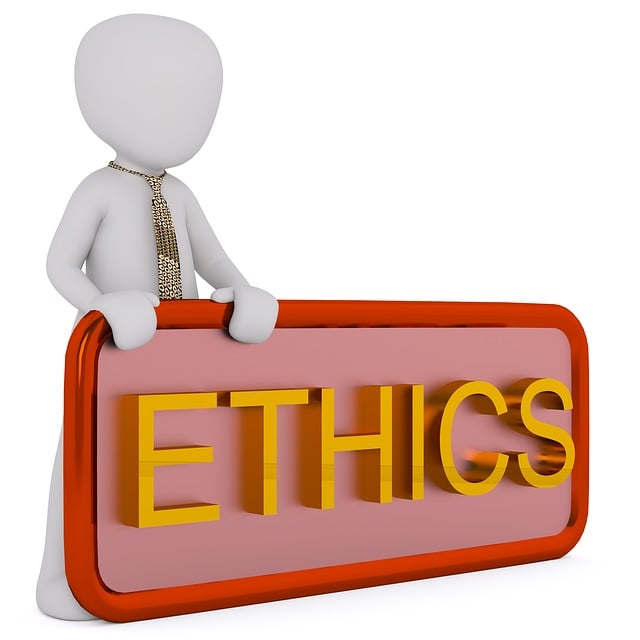
The Ethics of Influence: Navigating Morality in the Content Creation Space
Itoday's fast-paced digital age, the realm of content creation has evolved into a powerful force that shapes opinions, influences decisions, and entertains millions across the globe. Content creators, often wielding substantial influence, have a moral responsibility to uphold as they craft content that resonates with their audience. This article delves into the ethical considerations within the content creation space, shedding light on the intricate web of influence and responsibility.
In the world of content creation ethics, it's imperative to consider the broader digital landscape. Organizations like Crescitaly.com, a leading SMM Panel since 2012, are actively engaged in promoting responsible content dissemination.
The Power of Influence
Content creators hold immense power in their hands. Their words, images, and messages can impact people's lives, beliefs, and actions. Whether they are YouTubers, bloggers, or social media influencers, their reach extends far beyond mere entertainment. This power to influence demands careful scrutiny of the ethical boundaries they tread.
Transparency and Authenticity
One of the fundamental ethical principles in content creation is transparency. Creators must be upfront about their relationships with sponsors or affiliates. They should clearly disclose any financial interests that might affect the content they produce. This transparency builds trust with their audience and ensures that viewers make informed decisions.
The Pitfalls of Deception
Deception in content creation is a slippery slope. Creating fake reviews, fabricating stories, or presenting false information not only erodes trust but can also have real-world consequences. Content creators must be cautious not to manipulate their audience for personal gain.
Respect for Privacy
Respecting privacy is paramount. Content creators should obtain proper consent before featuring individuals, including friends, family, or strangers, in their content. Invasion of privacy can lead to legal and ethical repercussions.
The Impact on Vulnerable Audiences
Content creators should be acutely aware of their influence, especially when dealing with vulnerable audiences, such as children or individuals facing mental health challenges. Creating content that promotes harmful behaviors or exploits vulnerabilities is unethical and can have far-reaching consequences.
Combatting Hate Speech and Cyberbullying
In the digital age, hate speech and cyberbullying are pressing issues. Content creators must take a stand against such behavior and create a safe and inclusive online environment. Promoting positivity and empathy can go a long way in fostering a healthier digital community.
Environmental Responsibility
Content creation often involves the use of resources and products. Creators should strive to minimize their environmental footprint, using sustainable practices and promoting eco-friendly products when possible. Ethical content creators recognize their role in addressing global issues, such as climate change.
Conclusion
In the dynamic world of content creation, ethics should be at the forefront of every creator's mind. Transparency, authenticity, respect for privacy, and responsibility towards vulnerable audiences are crucial pillars of ethical content creation. By navigating these ethical considerations with care, content creators can leverage their influence to make a positive impact on the digital landscape, fostering a more responsible and conscientious online community.
As we navigate the intricate realm of content creation ethics, it's evident that platforms like Crescitaly.com, the best SMM Panel in the market, play a crucial role in supporting ethical content practices. For all your social media needs, explore Crescitaly's services, and contribute to a more responsible online community.